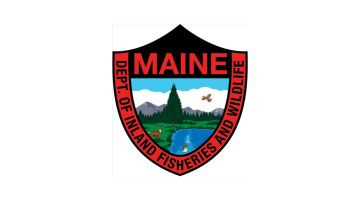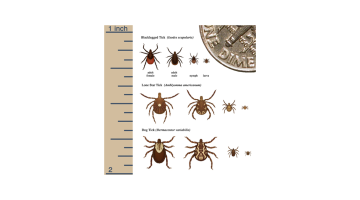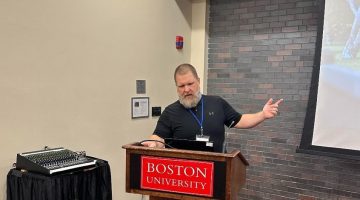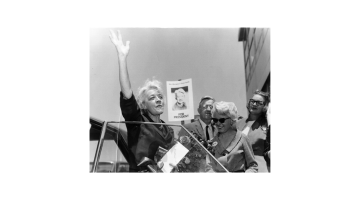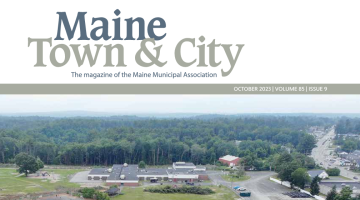MCSPC Cited in Bangor Daily News
Margaret Chase Smith Policy Center was cited in “ATVers seek a bigger piece of the gas tax” from the Bangor Daily News. Center director Jonathan Rubin presented at LD 977’s work session, “Resolve to Study the Gasoline Tax Allocations for Nonhighway Recreational Vehicles and Make Recommendations for Changes.”
Read more

